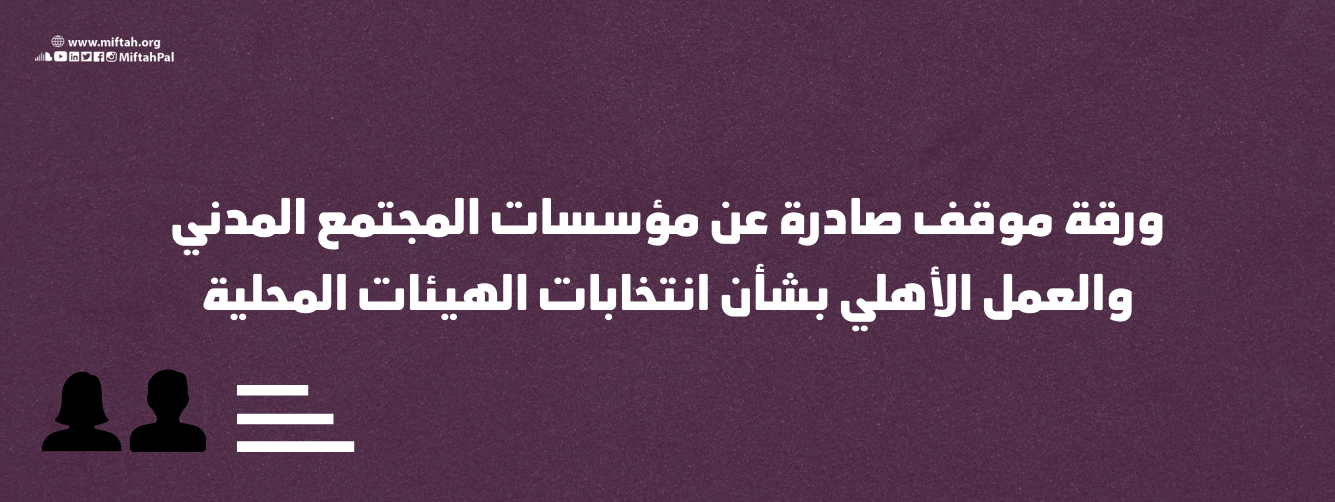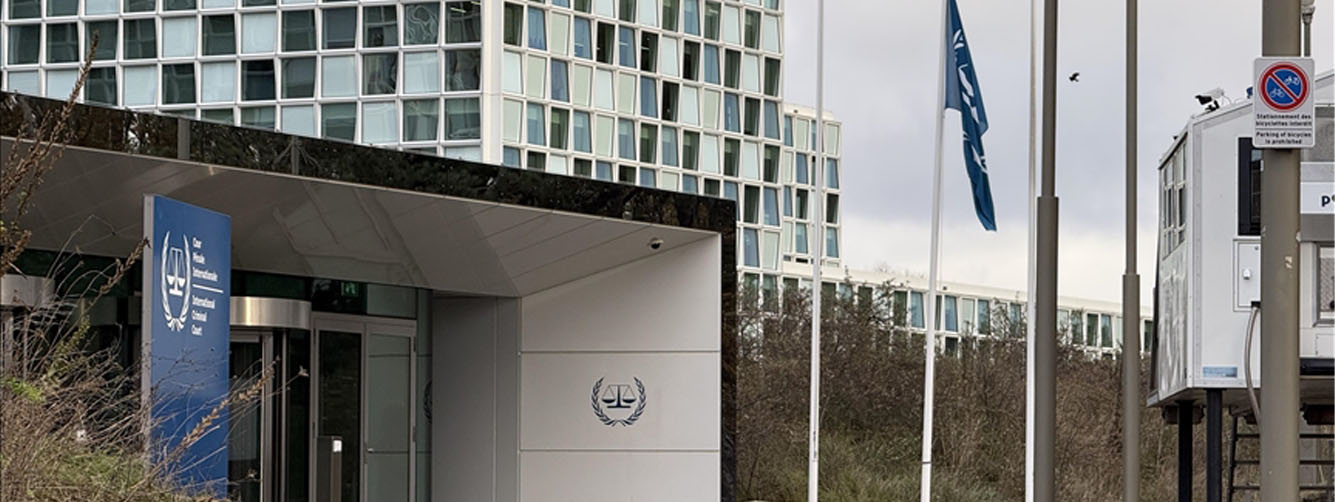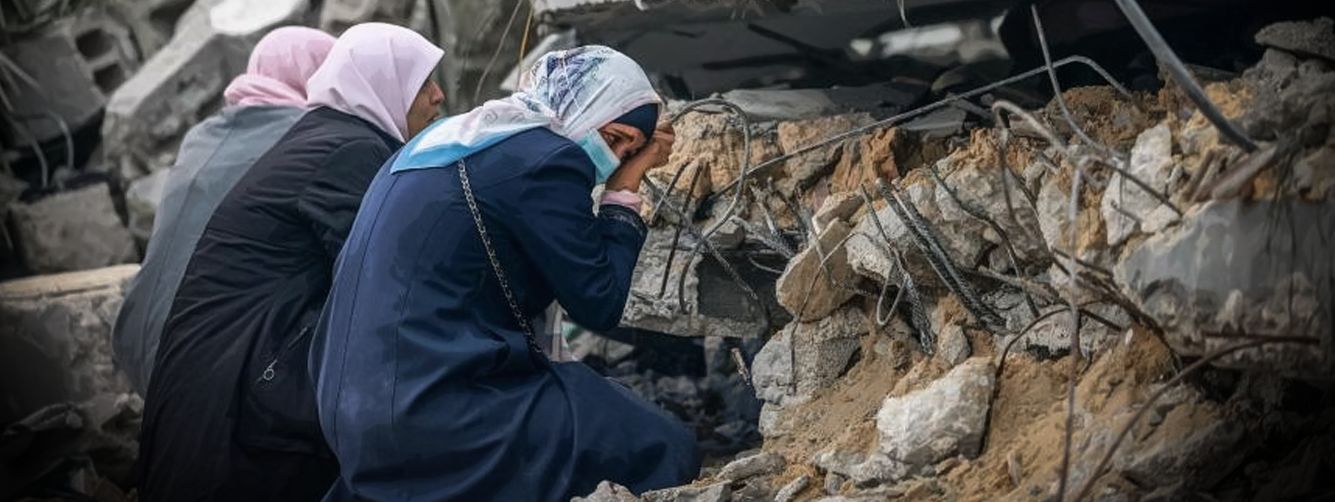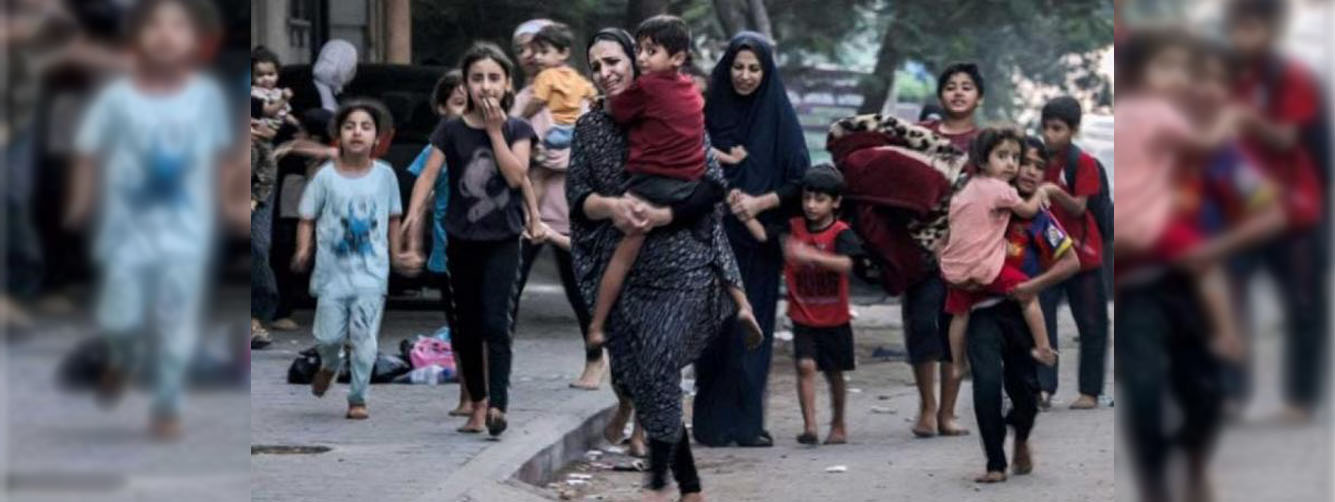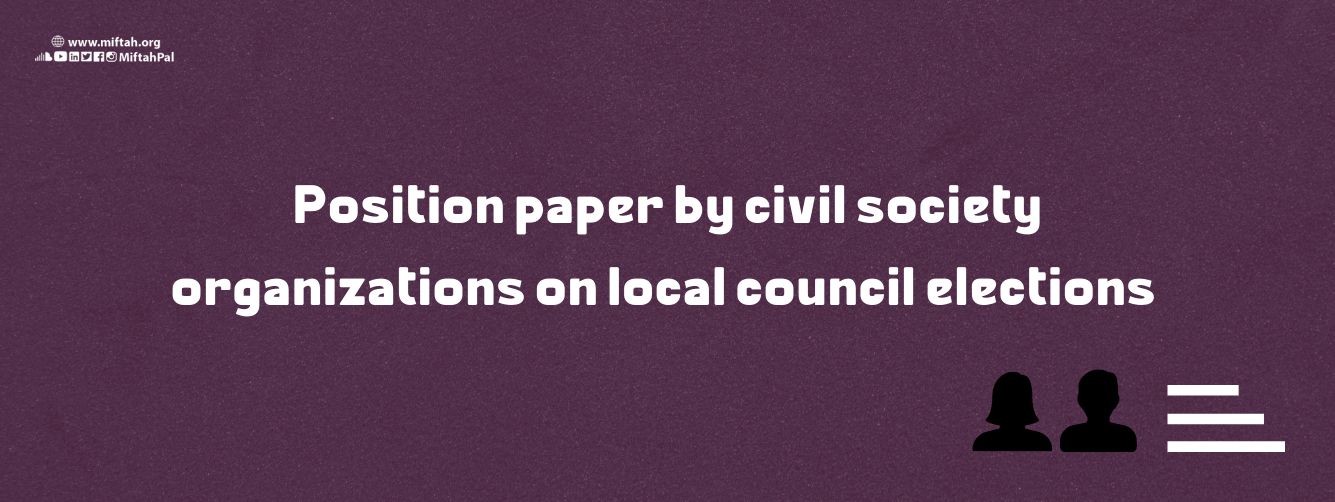
Since the political division in 2007, the Palestinian political system has suffered from the absence of a peaceful transition of power and marginalization of whole generations from their right to political participation, guaranteed in the Palestinian basic law and human rights agreements to which Palestine is a signatory. Hence, elections constitute one of these rights and are a gateway for the values of integrity, transparency and the transition of power as the foundation of good governance. Despite the shortcomings that have wracked the local council electoral system over the years, including tribalism, the sidelining of the role of youth and the diminishing role of women in local councils, still the demand for local elections in all areas in accordance with the Local Authorities Law, is agreed on by all CSOs, including political parties and forces, unions and institutions. They view elections as a democratic tool for change to preserve civic peace and contribute to the institutionalization of the Palestinian political system.
CSOs and civic movements have exerted efforts over the past few months to hold local elections in all local councils in the West Bank, Jerusalem and the Gaza Strip on the same day as stipulated in the Local Authorities Law. Most political factions and forces and CSOs agree on the need not to fragment the elections, which contravenes with the stipulations of the law and national interests. It also goes against the premise that local elections are an entryway for laying the ground to hold PNC, PLC and presidential elections in addition to the premise that they should be held in one phase that includes all districts based on a national debate around them.
The Cabinet decision to hold local elections in two stages, the first on 11/12/2021 in the West Bank’s Category (C) village and town councils and the second on 26/3/2021 in West Bank local councils in Categories (A and B) and in the Gaza Strip districts categorized (A.B and C), is in violation of the Local Authorities law and its amendments, which necessitate a plausible reason for holding elections in stages. CSOs believe the government’s continued insistence to hold elections in two stages, with a date for the second stage already set, is an expression of political bias towards one specific faction and far -removed from national interests and the exercise of true political participation and elections on the basis of good governance and the peaceful transition of power.
CSOs reiterate the importance of providing a sound electoral climate in which citizens can exercise their right to candidacy, voting and expression of opinions and can hold all elections-related activities with absolute freedom as stipulated by the Basic Law. They find the current atmosphere as being rife with incitement and mobilization, with continued political arrests and summons of activists by PA security forces on the back of union work and political activity. This, they maintain, has made for an unhealthy elections atmosphere, which can adversely influence the course of the electoral process and results.
CSOs still consider the CEC as a main guarantor for the integrity of the electoral process in terms of its legal procedures for registration, candidacy and voting. They also maintain that the CEC continues to enjoy the respect and trust of the majority of Palestinian society given its role over the years, which has been neutral, transparent and open to civil society and factions alike. This has rendered it a focal point at all stages in the Palestinian democratic process and is imperative for it to continue with the same approach in all stages of this process.
Civil society institutions thus confirm their position regarding the need to hold local council elections in accordance with the requirements of the law. They believe the government, political factions and forces still have time to stop the first phase and prevent the fragmentation of the elections, thereby holding them on one day in all districts. In this way, the date set for the second phase of elections would become the day for all local council elections in the West Bank and Gaza Strip. Prior to this date, a dialogue would be held between all political and social forces in the West Bank and Gaza Strip regarding these one-time elections, with CSOs continuing their efforts to reach this goal.
CSO’s reaffirm that the right to vote and run for elections is a basic right, which must have the respect of all parties involved in the electoral process, including electoral lists, regardless of whether they belong to political parties or are independent. This also includes law enforcers who, by law, must not interfere in any stage of the electoral process. The CSOs also reaffirm the need for political parties to respect the law and not interfere in the electoral process in any shape or form and to provide a climate in which citizens can exercise all rights and freedoms guaranteed to them by law. Furthermore, the CSO’s reaffirm the right of all civil society institutions to choose the appropriate manner in which to follow and monitor local elections in all their stages.




